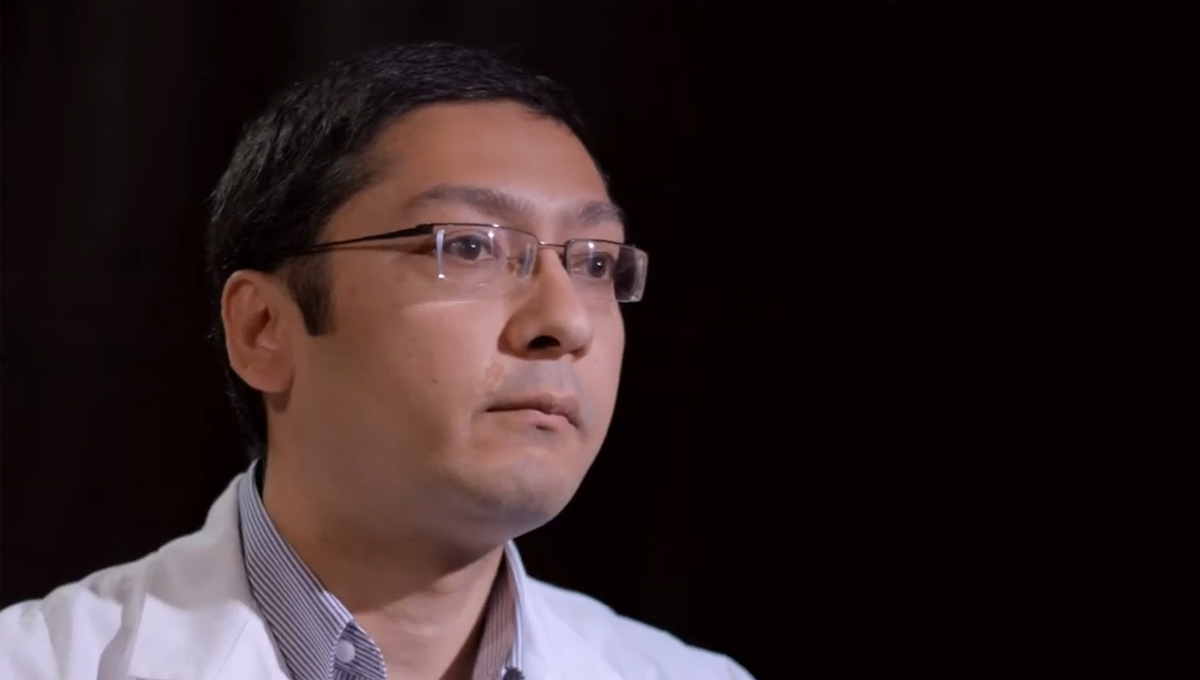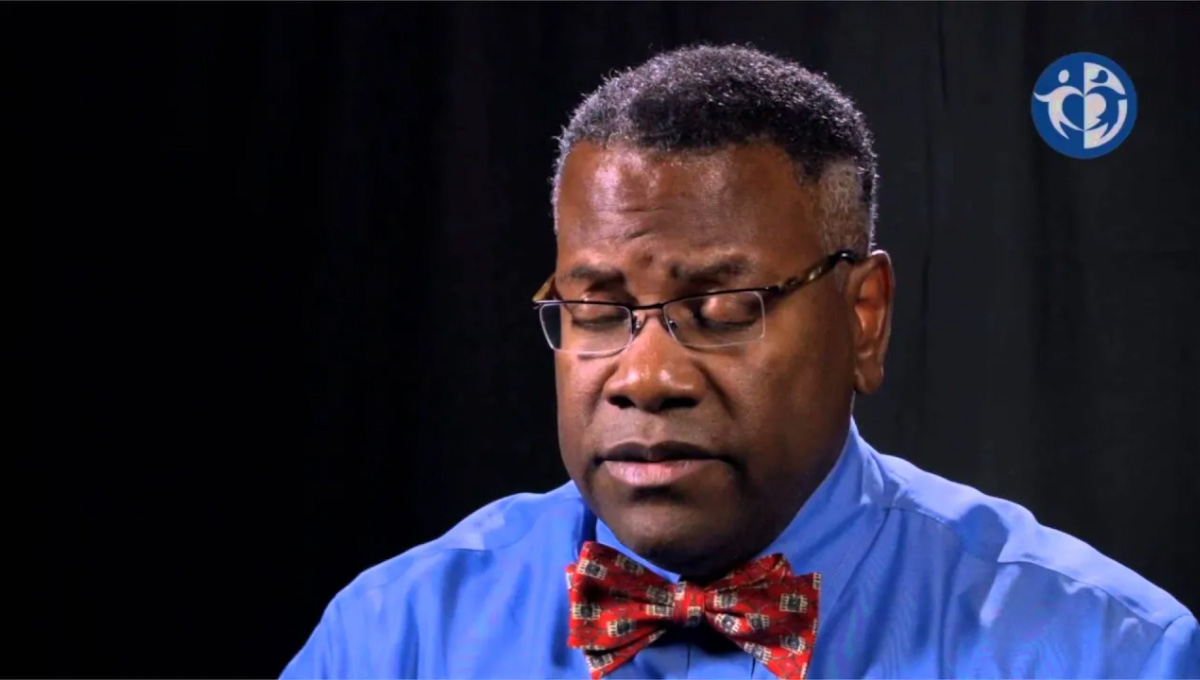Discover Unmatched Urological Care in Leesburg! Advanced Urology Institute Leesburg Office offers Exceptional Care. Book an Appointment Now!
Continue readingOvercoming Fear of Cancer Diagnosis and Treatment
Overcoming fear of cancer diagnosis and treatment can be challenging. You can do it with the help of experts at Advanced Urology Institute.
Continue readingWhat are the treatment options for prostate problems according to Dr. Scott Klavans?
What are the most common types of prostate disease?
The prostate gland, simply called the prostate, is a small, walnut-sized gland found at the base of the bladder of the male reproductive system. The prostate produces an alkaline fluid that leaves the urethra during ejaculation and helps
Continue readingRadiation Therapy for Prostate Cancer
My name is Yaser Bassel, I’m a board certified urologist with Advanced Urology Institute. With Radiation Therapy there are different means of administering radiation, there are seeds that can be implanted, there’s external beam radiation therapy and sometimes radiation
Continue readingWhat is Robotic Prostatectomy According to Dr. Yaser Bassel?
My name is Yaser Bassel, I’m a board certified urologist with Advanced Urology Institute. When you’re talking about robotic prostatectomy we typically lean towards doing that with younger patients who have a long life expectancy. And those patients that we
Continue readingAfter a Diagnosis of Prostate Cancer
My name is Amar J. Raval and I’m with Advanced Urology Institute. If you’re young and you have newly diagnosed prostate cancer, I’m definitely more aggressive in that regard offering treatment options whether it’s a radical prostatectomy or any
Continue readingTreating Benign Prostatic Hyperplasia
My name is Amar J. Raval and I’m with Advanced Urology Institute. So one of the few things I specialize in my particular practice would be BPH or enlarged prostate. Whether it’s minimally invasive surgery like Urolift where you
Continue readingHow the Prostate Changes As You Age
The rate of growth is different for everyone. The prostate will grow faster in some men than in others. In some cases, the enlarging prostate can cause problems immediately for a man in his early 40s. In other cases, men may be in their 80s or 90s before they begin to see the effects of a growing prostate. Most commonly though, men in their late 50s and early 60s begin to experience urinary issues that begin slowly and increase in severity.
Some of the most common issues are the slowing of the urine stream, pushing to urinate, having to go back to the bathroom 10-15 minutes after urinating, feeling like the bladder may not be fully emptied, and having to get up frequently at night to go to the bathroom. All the symptoms can be associated with the frequent and sudden urge to use the bathroom.
These symptoms are a sign that it is time for a man to see his urologist. The symptoms will only increase in severity without treatment as the prostate continues to grow. The urologist will begin by helping a patient understand what is causing the issue, using a diagram to show where the prostate is and how it presses on the urethra as it grows. The enlarging prostate makes it difficult for urine to pass through the urethra on its way out of the body.
Treatment begins with medication to help with urination. These medicines help slow the growth of the prostate and relax the muscles around the bladder to make urination easier. A urologist also will do a PSA test to screen for prostate cancer. Not all cases of prostate enlargement are connected to cancer growth, but it is important to screen for the disease as a precaution.
Men’s bodies change in many ways as they age, and the prostate is no exception. Urologists at the Advanced Urology Institute focus on making sure their patients understand how their bodies are changing with age and how they can work with their urologist to stay in the best shape. For more information, visit the Advanced Urology Institute website.
The Prostate Gland
Video: Testosterone Therapy – Diagnosing Low Testosterone Levels
For some men, difficulty urinating is often a sign of either an enlarged prostate or an inflammation of the prostate, called prostatitis. Early prostate cancer does not usually cause problems with urination. [Read Full Article…]
Complications from an Enlarged Prostate
Video: Complications from an Enlarged Prostate
Studies show that when the male hormone testosterone reaches the prostate in large amounts, it increases the speed of production of prostate cells and promotes the gland’s enlargement. Contact a urologist now and get treatment for this condition as soon as possible. [Read Full Article…]
What I Need To Know About Prostate and Prostate Cancer
Dr. Edward King, a urologist in Ocala, FL talks about what you need know about the prostate and prostate cancer.
Continue reading












